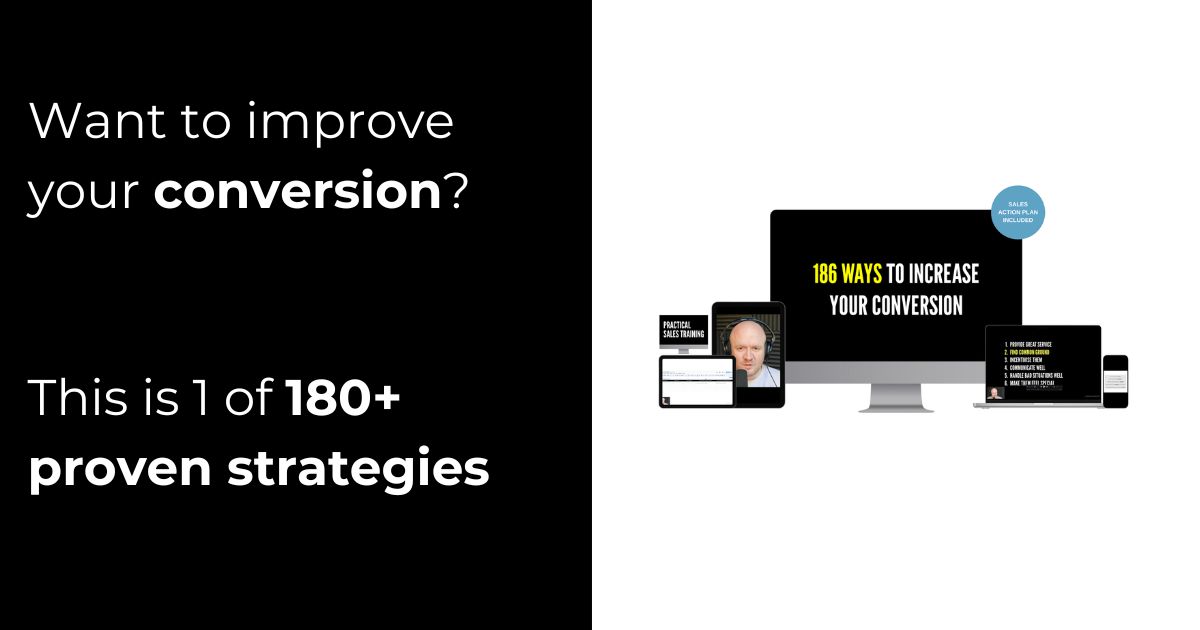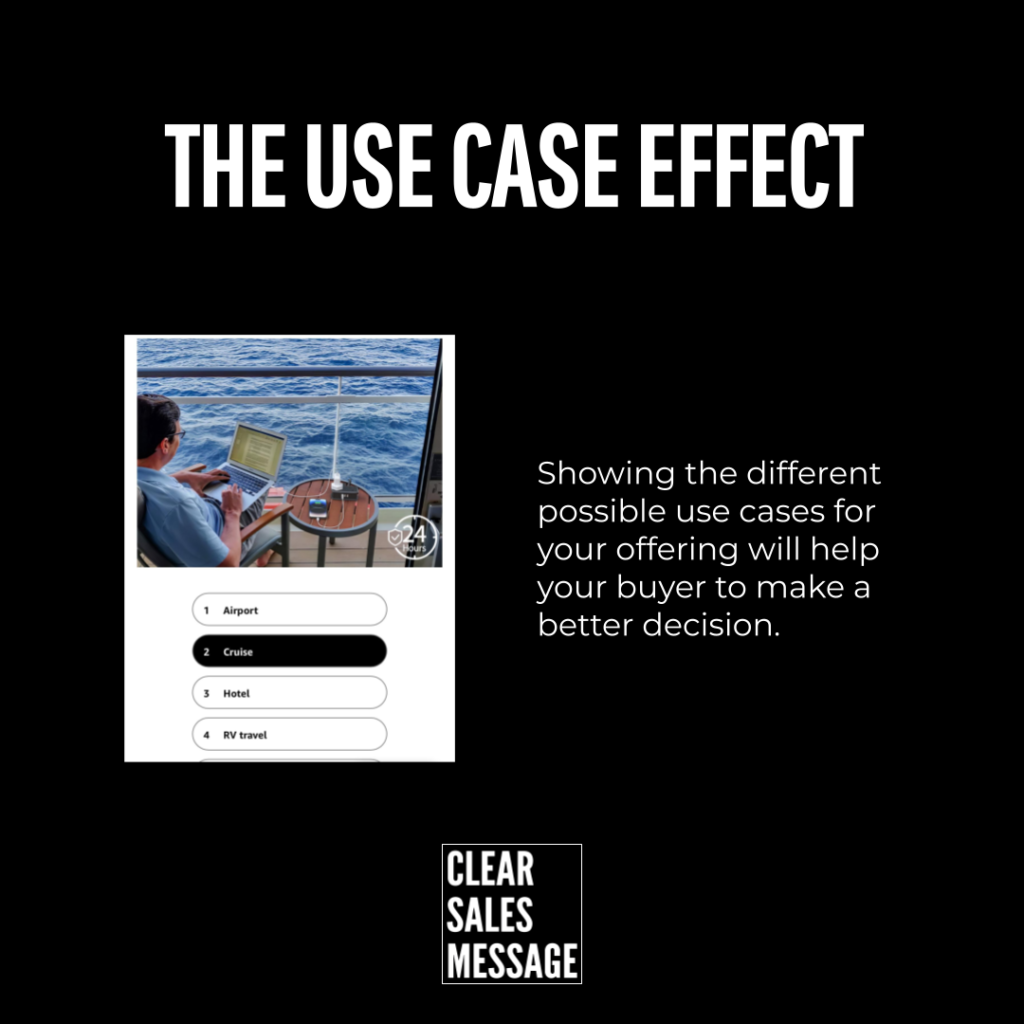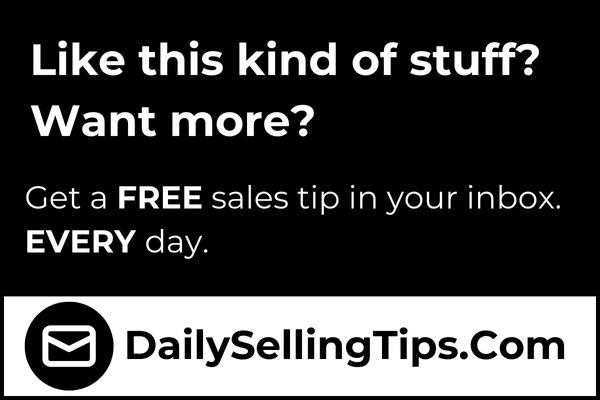Practical Sales Training™ > How To Convert > The Use Case Effect
What is it?
Sometimes your buyers need to be told how to use your product or service for them to realise how much they need it and thus why they should buy it.
Why does it work?
It works for two reasons:
1 – The seller is the expert. Buyers are often looking to be led and defer to a seller’s expertise in a situation. The seller is expected to be the authority on the topic and thus any suggestion they make as to how to use a product or service carries weight.
2 – The buyer may have not thought of it. It’s possible that your buyer doesn’t know something about your offering simply because you didn’t tell them. By being explicit on how your product or service can be used, you can eliminate these assumption and encourage better conversion,
How can you use it?
To make this work, you simply need to consider the types of buyers who will use your offering and be explicit about:
- The problems you solve
- The features of your offering
- The potential use cases
Hypothetical Example:
A software company sells a project management tool, but prospects often say, “We’re not sure if we really need another app—we already use spreadsheets.”
Instead of just listing features, the salesperson explains specific use cases:
“Our tool lets you assign tasks with automatic reminders, track deadlines in real-time, and instantly see where projects are stuck. For example, our clients often use it to manage product launches or coordinate marketing campaigns without endless email chains.”
By showing how the tool can be used in real-world scenarios, the buyer suddenly sees the gaps in their current process and realises why they need the software.
See also
- Suggested Serving
- The Repurposing Effect
- 140+ ways to be easier to buy from
- 180+ ways to improve conversion



